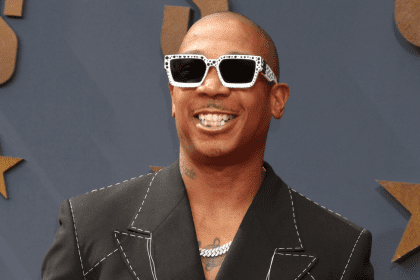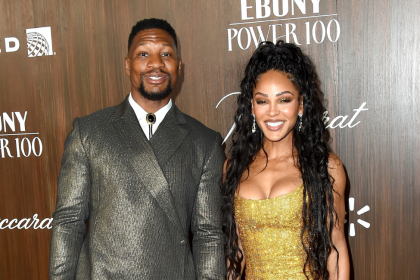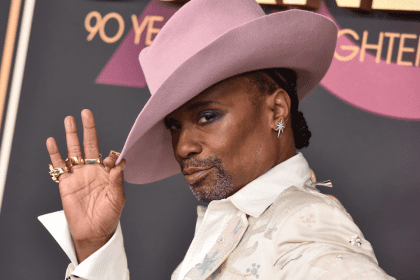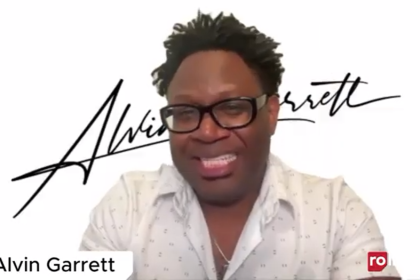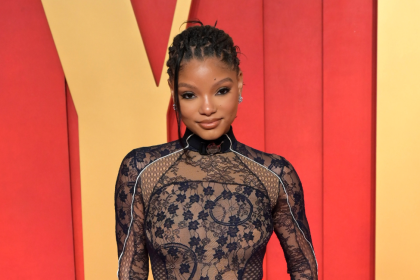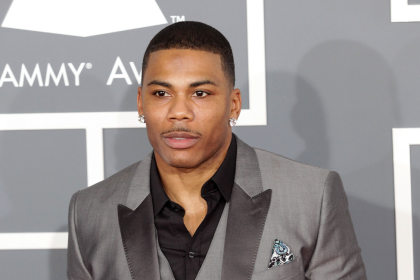 It is the holiday season and for most that means a time to love, share and spend time with the people who mean the most to us. As many black men and women search for love and happiness we can look at the marriage of the president and first lady as a testament to the power and the reality of black love. There are other examples, many of them in the media, that black love is more of an ideal than a reality, more of an intangible promise than a tangible one.
It is the holiday season and for most that means a time to love, share and spend time with the people who mean the most to us. As many black men and women search for love and happiness we can look at the marriage of the president and first lady as a testament to the power and the reality of black love. There are other examples, many of them in the media, that black love is more of an ideal than a reality, more of an intangible promise than a tangible one.
One need look no further than television programming as an example of what black love shouldn’t be and what black love isn’t — “Real Chance of Love,” “I Love New York” and “Flavor of Love,” starring Public enemy’s hype man, Flavor Flav, were all misguided examples of black love. 
Where did Heathcliff and Claire go (“The Cosby Show”)? Martin and Gina (“Martin”)? Jamie and Fancy (“The Jamie Foxx Show”)? Those shows promoted real black love. The characters — doctors and lawyers, television hosts and marketing executives, musicians and hotel managers, worked together to create better lives for themselves and for their children. While just television shows, those fictional stories provided the black community with hope for the future of black love.
So, is black love real or an illusion, possible or impossible?
 Let’s face it, the numbers are not in our favor. Seventy-five percent of black marriages end in divorce, compared to 50 percent of white marriages, more than 70 percent of black children grow up in single parent homes, and slightly more than 50 percent of blacks never wed. Nonetheless, the reality of black love can still be achieved. What the statistics fail to account for are the numbers of blacks who define their “love,” not by artificial unions of matrimony or by living situations — but by building enduring relationships and marriages that have no limits or constrictions.
Let’s face it, the numbers are not in our favor. Seventy-five percent of black marriages end in divorce, compared to 50 percent of white marriages, more than 70 percent of black children grow up in single parent homes, and slightly more than 50 percent of blacks never wed. Nonetheless, the reality of black love can still be achieved. What the statistics fail to account for are the numbers of blacks who define their “love,” not by artificial unions of matrimony or by living situations — but by building enduring relationships and marriages that have no limits or constrictions.
I am reminded of my own folks — a working-class black man turned esteemed physician and a poverty stricken black woman turned proud mother of four. Maybe if ordinary people like my parents were portrayed in this media-infused world, then the promise of a “black love” would no longer be a promise, but a reality. But don’t tell me that black love is not real, because I’ve seen it — don’t tell me that it’s not possible, because it is.
–amal yamusah


